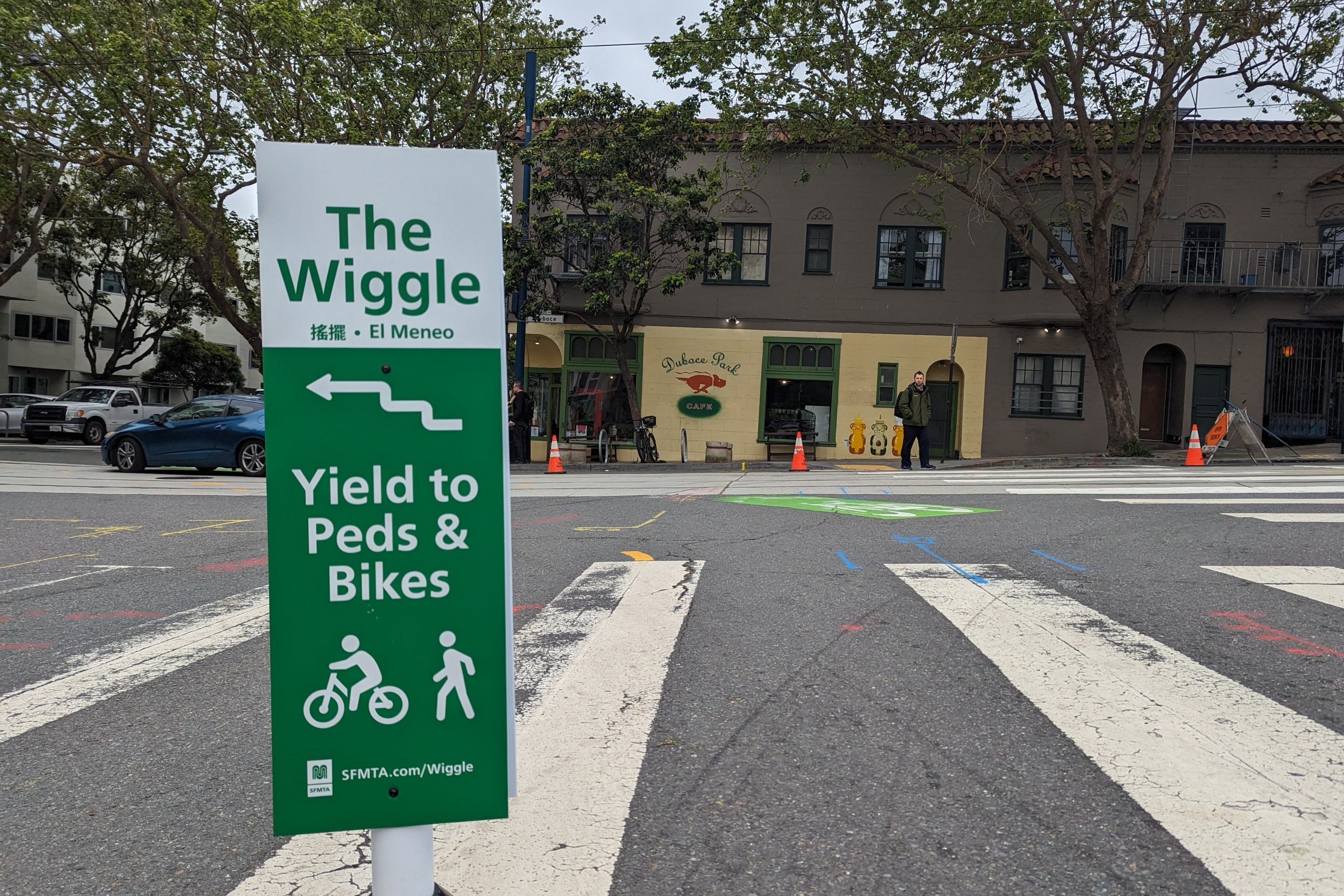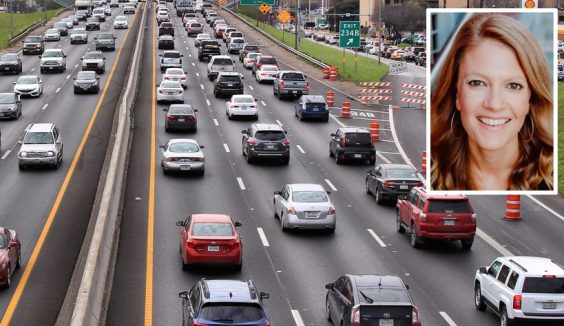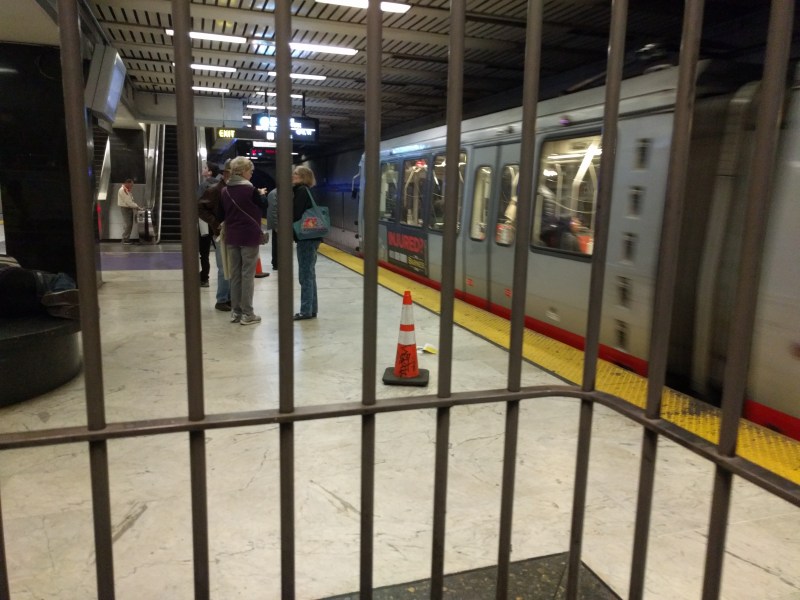Transit Advocates Will Push Lawmakers to Rethink Transit Funding Cuts
10:07 AM PST on December 4, 2009
 Cuts to transit funding could mean longer waits than ever. Photo: Michael Rhodes
Cuts to transit funding could mean longer waits than ever. Photo: Michael RhodesAt California State Assembly Committee on Transportation meetings this morning and Tuesday, the California Transit Association (CTA) and public transit agency representatives will discuss the challenges that state funding cuts have imposed on transit providers. Today's hearing is at the Los Angeles County Metropolitan Transportation Authority Board Room. The Tuesday hearing takes place in the Sacramento Regional Transit District Board Room.
The CTA especially hopes to alert lawmakers to the reality that future cuts would undermine California's greenhouse gas reduction goals set out in the state's landmark greenhouse gas reduction bills, AB 32 and SB 375 - a disconnect that even some environmentally-conscious lawmakers seem to overlook.
"The Governor and the Legislature have received ample praise for adopting these measures to reduce emissions and promote smart-growth planning, and deservedly so," said CTA Executive Director Joshua Shaw in a prepared statement. "But the goals of these measures cannot be achieved without a commitment to stable funding for transit - the one program we have in place that is best-equipped to help meet these goals."
Locally, the MTA faces a $47 million mid-year budget deficit, which it has whittled down to $19 million by eliminating 250 positions and other cuts. "The siphoning-off of the state funding amounted to about $189 million to us for the last two or three years," MTA Executive Director Nat Ford said at a press event Wednesday. While Muni route changes going into effect Saturday will by and large avoid the kind of deep service cuts that other transit agencies have been forced to make, the mid-year budget gap, and any future funding shortfalls, will almost certainly mean more painful cuts.
"It's hard to overstate the impact that the state budget cuts have had on transit systems, including Muni," said MTA spokesperson Judson True. "The state cuts are the single biggest contributing factor to the deficits we've faced in recent years."
Jeff Wagner, a spokesperson for the CTA, said transit advocates need to make the legislature more aware of the harm that cuts to transit funding cause. "We're doing a lot to educate them on just how severe these things are," said Wagner.
Even with the court ruling that transit funding raids were illegal, Wagner said legislators could be tempted to try to circumvent the law if they don't understand the importance of transit. "Never say never," he said. "Our understanding is that the court ruling has declared that these are illegal going forward and cannot continue, but the fact that they were executed in the first place shows the ability to find ways around those laws."
Meanwhile, speaking at a press conference on the city's new bike lanes yesterday, Mayor Gavin Newsom said he's pushing the MTA to look at a wide range of options to deal with the budget gap, but he remains opposed to extending parking meter hours. "We're going to look at revenue, not necessarily tax increases. We're going to look at revenue, not necessarily parking meter increases," said Newsom. "Taxi medallion monetization, to me, makes more sense this year than ever. Looking at unique ways to leverage state and federal dollars makes obvious self-evident sense and after we go through that process over the next number of months through the MTA and the General Fund budget, if there is still a gap and we need to fill that gap, then we have to keep an open-mindedness to tax measures. But not until we exhaust other alternatives."
"We have a ... $47 million short-term issue we have to deal with. Over two years the challenge is bigger than that. We've dealt with $23 to $25 million of the easy solutions. Now I've got to figure out the hard ones with you guys."
Stay in touch
Sign up for our free newsletter
More from Streetsblog San Francisco
Independent Safety Advocates Beef up the Wiggle
Signs and soft-hit posts installed by advocates make the Wiggle bike route calmer and safer for cyclists and pedestrians




